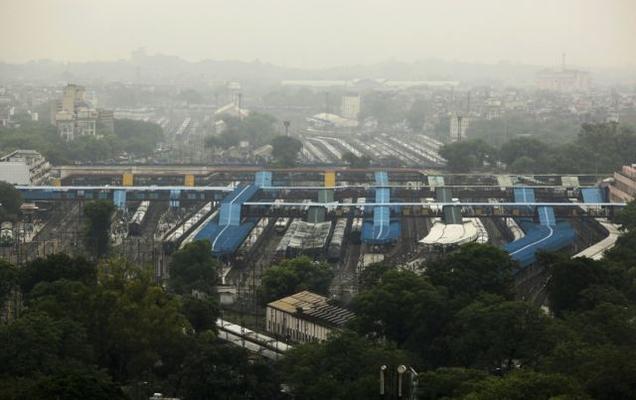
New Delhi, July 31: Triggering a major power crisis, three electricity grids connecting more than 20 states and the national capital collapsed today.
While the northern grid failed for the second straight day, the eastern and north-eastern grids too collapsed. These three grids carry about 50,000 MW of electricity. The collapse has left more than half of the country powerless. Essential services and public transport systems, including Railways and the Delhi Metro were also hit.
"Grid incident occurred at 1300 hrs affecting the northern grid, eastern grid and north-eastern grid -- System Under Restoration," National Load Despatch Centre (NLDC), under the Power Ministry, said in an update.
About 22 states and union territories have been impacted by the failure of the three grids. The northern grid covers nine regions -- Punjab, Haryana, Rajasthan, Delhi, Uttar Pradesh, Uttarakhand, Himachal Pradesh, J&K and Chandigarh.
At least six states are covered by the eastern grid. They are West Bengal, Chattisgarh, Bihar, Jharkhand, Orissa and Sikkim. Meanwhile, the north eastern grid connects Arunachal Pradesh, Nagaland, Assam, Meghalaya, Manipur, Mizoram and Tripura.
India has five electricity grids -- Northern, Eastern, North Eastern, Southern and Western. All of them are inter- connected, except the Southern grid. All the grids are being run by the state-owned Power Grid Corporation, which operates more than 95,000 circuit km of transmission lines.
One circuit km refers to one kilometre of electrical transmission line.






Comments
Add new comment